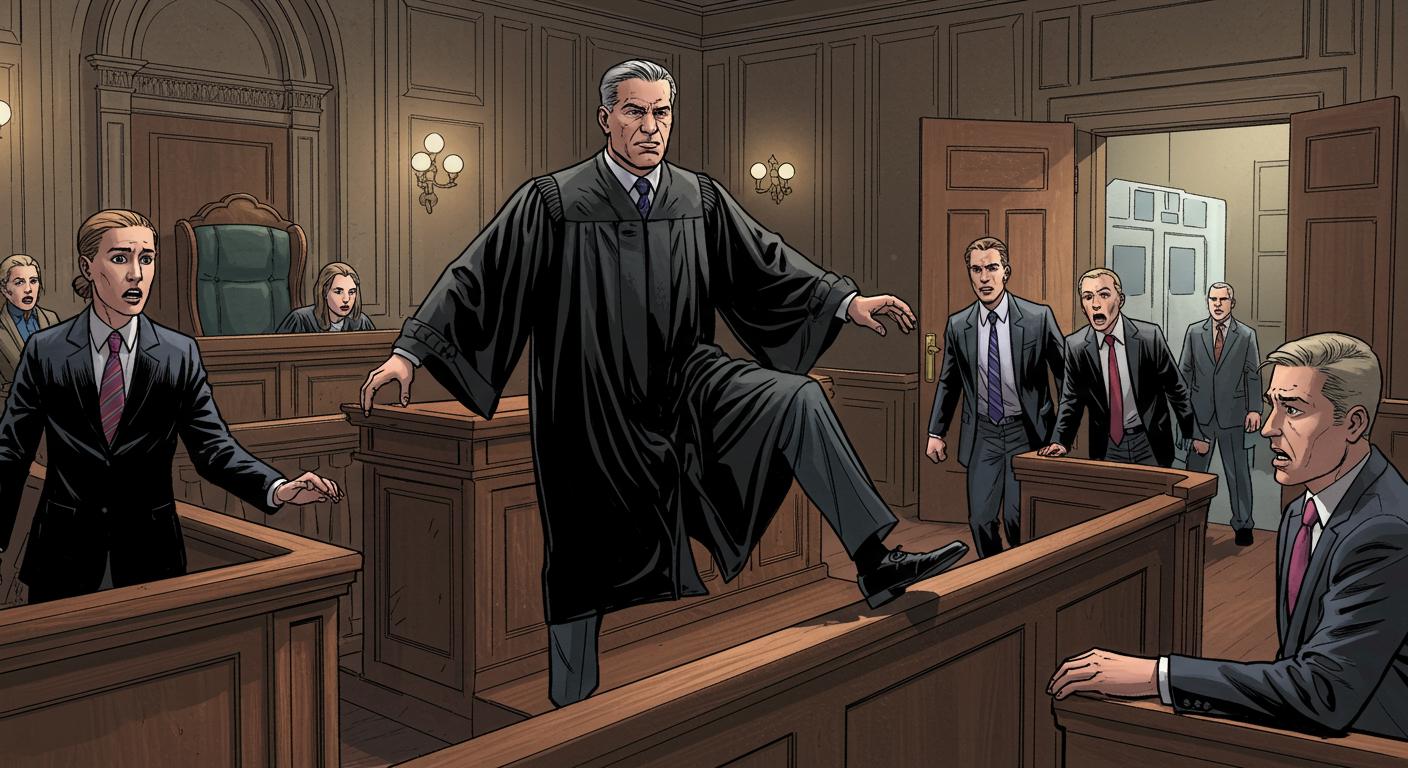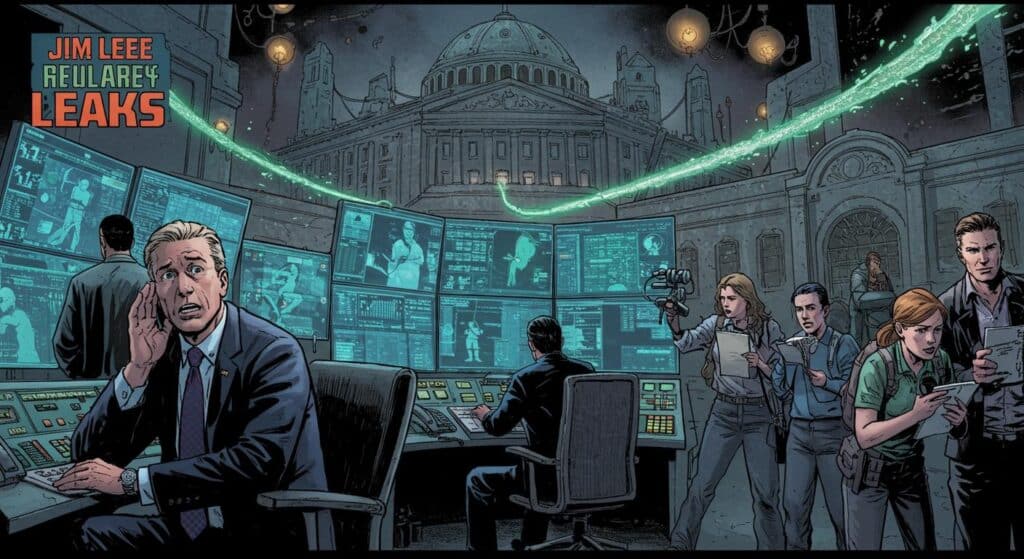Every so often, a news item pops up that makes you double-check you aren’t reading a satire site by mistake. This week, as laid out in an Associated Press story, a Wisconsin judge transformed a courtroom dilemma into a one-woman police procedural—minus, thankfully, the theme music and commercial breaks.
Judge on a Mission: From Gavel to Getaway
Judges, as a rule, tend to stay close to their benches, both literally and figuratively. So the saga involving Judge Ellen Berz stands out. In December 2021, while presiding over an operating-while-intoxicated case, Berz received word that the defendant hadn’t shown up for trial—his attorney reported he was holed up in a hospital emergency room. According to details pulled from the misconduct complaint and highlighted by AP, Berz took the initiative to check with her staff and confirm the hospital visit. Upon hearing her bailiff couldn’t leave the courthouse to effect an arrest, she announced she’d go herself—joking, according to the complaint, that if anything happened to her on this mission, people would discover the details on the evening news.
So off she went, defense attorney in tow, down the road to the Sun Prairie ER, abandoning her neutral perch for something resembling a buddy-cop scene—except with much more awkward small talk and rather less paperwork preparedness. The prosecutor, notably, didn’t make the cut for this ad hoc task force.
It was the defense attorney, of all people, who reportedly talked Berz out of her quest mid-drive, warning her that judges, by their very design, are not supposed to moonlight as law enforcement. Berz saw reason, circled back, and chose a more traditional judicial maneuver: issuing a bench warrant. An unconventional afternoon, resolved with a return to normal programming.
Courtroom Sarcasm: A Cautionary Tale in Improv
Berz’s dash to the ER isn’t the only behavior flagged as off-script. Wisconsin Judicial Commission allegations—also chronicled by the Associated Press—describe an exchange with another defendant, this one facing child sexual assault charges. When the man asked to delay his trial (not for the first time), Berz, evidently fresh out of patience, fired back that he was “playing games” and could “go to the prison and talk to them about all the games you can play.” Not exactly a masterclass in judicial restraint. When challenged on her sarcasm, she acknowledged it was intentional—“Good. I thought it would be. That’s why I’m saying it to you that way, because I thought you would relate with that.”
Judicial humor, it seems, is fraught territory. While a touch of levity might occasionally break courtroom tension, using sarcasm as a blunt instrument generally leaves professionalism bruised in the process. As the Wisconsin Supreme Court pointed out in its suspension order, patience, impartiality, and restraint aren’t exotic requests but job requirements.
Unusual Patterns or Stress-Induced Outliers?
What’s striking is that Berz isn’t operating in isolation. The AP notes she’s the second Wisconsin judge to receive a Supreme Court-ordered suspension in just over a month. Milwaukee County’s Judge Hannah Dugan was benched indefinitely after being indicted for allegedly shepherding a man out her courtroom’s back door to dodge federal immigration authorities. Dugan, facing federal obstruction and concealment charges, maintains her innocence and heads to trial soon.
Whether this doubleheader signals a deeper trend among overtaxed Wisconsin judges, or is simply two highly unusual blips, is anyone’s guess. Stress-testing court decorum is one thing; law-adjacent cosplay is another entirely.
Swinging the Gavel and the Driver’s Door
So here’s the mental picture that lingers: a judge, black robe perhaps flapping in haste, dashing out of the courthouse to personally haul in a missing defendant, accompanied by none other than the defense counsel. The Associated Press, via court records and commission documents, leaves no doubt that Berz herself has accepted responsibility for her choices, admitting to her moment of rule-bending inspiration.
Still, you have to wonder: was this more theater than threat? Did the judge hope to make a point about accountability so memorable that it required a road trip?
Or is it simply that even those in charge of maintaining order sometimes find the proceedings—and their patience—slipping the bounds of decorum, if only for a short-lived hospital detour? Perhaps there’s an unspoken rule: justice may be blind, but it probably shouldn’t double-park at the ER.







